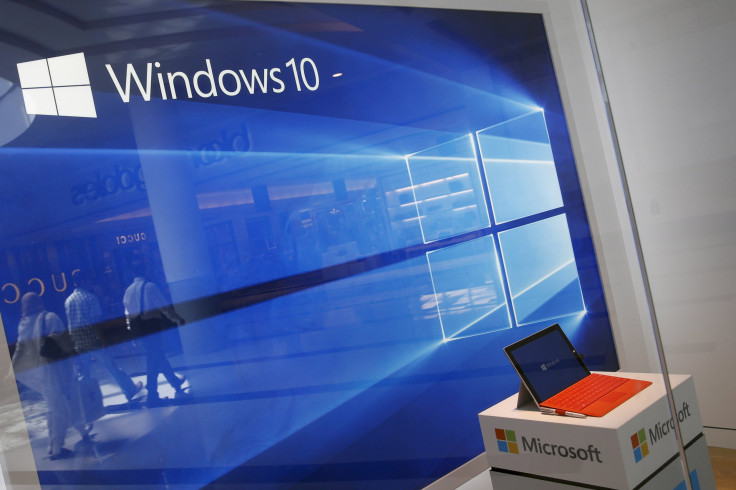Microsoft Acquires Semantic Machines For Conversational Artificial Intelligence

Earlier this month at its I/O developer conference, Alphabet (NASDAQ:GOOG)(NASDAQ:GOOGL) subsidiary Google wowed everyone by demonstrating a new conversational artificial intelligence (AI) technology called Google Duplex, a system that will become part of Google Assistant and will allow the virtual assistant to make phone calls on a user's behalf. The demonstration was striking because it sounded uncannily human, which has raised all sorts of ethical questions.
The article originally appeared in Motley Fool.
Microsoft's (NASDAQ:MSFT) virtual assistant Cortana has some catching up to do (in more ways than one), and the software giant has just announced a new acquisition to that end.
Scooping up Semantic Machines
Microsoft is acquiring Semantic Machines, a small start-up based in Berkeley that specializes in conversational AI. The goal is to help virtual assistants evolve beyond just simple commands and allow them to better understand broader context and have ongoing conversations with users. This is currently one of Google Assistant's greatest strengths over competing virtual assistants like Apple's Siri.
The company is getting significant talent with the acquisition, including Larry Gillick, who served as Apple's chief speech scientist for Siri until late 2014, according to his LinkedIn profile. Gillick is Semantic's chief technology officer. Semantic's team also includes engineers that helped work on Google's early virtual assistant efforts back when it was branded Google Now.
Conversational AI doesn't just refer to spoken conversations, but also includes the text-based conversations that users may have with virtual assistants. For example, Windows 10 features a text-based interface for Cortana right in the Start Menu. Conversational AI does involves aspects of the technology like speech recognition and natural language understanding, which Microsoft includes in cognitive services on its Azure cloud computing platform. The company says over 300,000 developers use these services currently.
Cortana is Microsoft's consumer-facing virtual assistant, but cognitive services is arguably more important as Microsoft continues to shift its focus toward emphasizing the enterprise and growing its Azure platform. Azure revenue soared 93 percent last quarter.
There's also the new generation of chatbots that tech companies are trying to develop that can potentially handle tasks like customer service, although Microsoft had a particularly offensive misstep with one of its first such chatbots in 2016. Semantic Machines will undoubtedly help on this front as well.
No financial terms were disclosed, as the deal looks to be a pretty small acquisition of a small team of researchers. But considering the depth of expertise that Microsoft is getting, the acquisition is a no-brainer.
Evan Niu, CFA owns shares of AAPL. The Motley Fool owns shares of and recommends Alphabet (A shares), Alphabet (C shares), and AAPL. The Motley Fool has the following options: long January 2020 $150 calls on AAPL and short January 2020 $155 calls on AAPL. The Motley Fool has a disclosure policy.





















